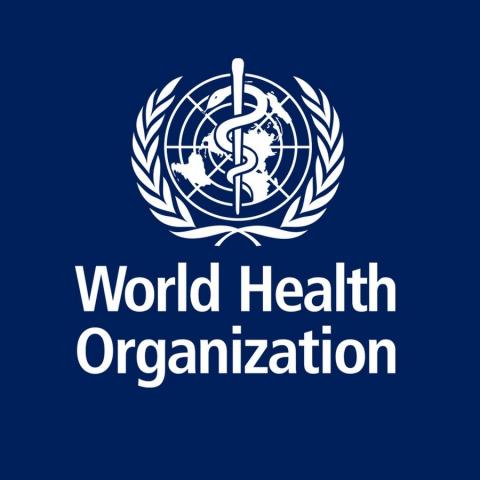These Amendments Would Open the Door to a Dangerous Global Health Bureaucracy

by David Thunder
Over the past year or so, the WHO has been pushing hard to consolidate and expand its power to declare and manage public health emergencies on a global scale.
The primary instruments for this consolidation are a WHO Pandemic Accord and a series of far-reaching amendments to existing International Health Regulations (IHR). The target date for finalising both the IHR Amendments and the new Pandemic Accord is May 2024.
The net effect of the proposed text for the pandemic accord and the proposed amendments to the International Health Regulations, would be to create a legal and financial basis for the emergence of an elaborate, internationally coordinated bio-surveillance regime and significantly strengthen the authority of the World Health Organisation to direct and coordinate the international response to global and regional public health threats.
It is not entirely clear why the WHO decided to negotiate a separate pandemic treaty that overlaps in significant ways with the proposed IHR amendments. In any case, most of the far-reaching changes to global health regulations are already contained within the IHR amendments, so that is what we will focus on here.
Even if the WHO failed to get a new pandemic treaty passed, the proposed amendments to International Health Regulations would be sufficient by themselves to confer unprecedented power on the WHO to direct international health and vaccination policies in circumstances deemed by the WHO to be a "public health emergency of international concern."
The WHO wants the IHR amendments to be finalised on time for next year's World Health Assembly, scheduled for 27 May – 1 June 2024. Assuming the amendments are approved by a simple majority of the delegates, they will be considered fully ratified 12 months after that, unless heads of State formally reject them within the designated opt-out period, which has been reduced from 18 to 10 months.




























Comments
These amendments
Comment